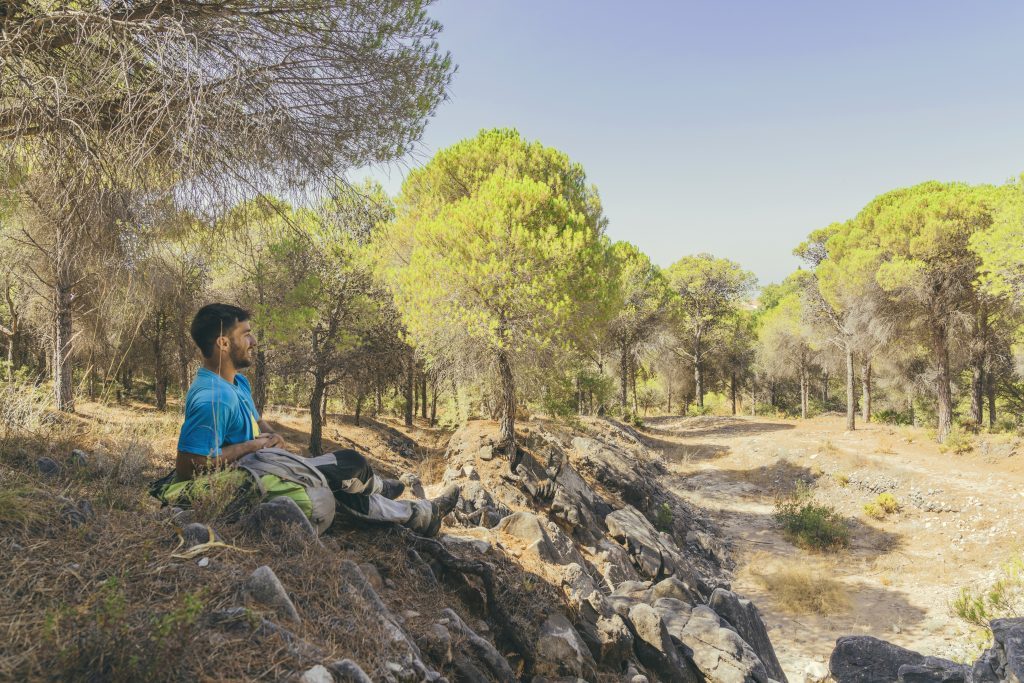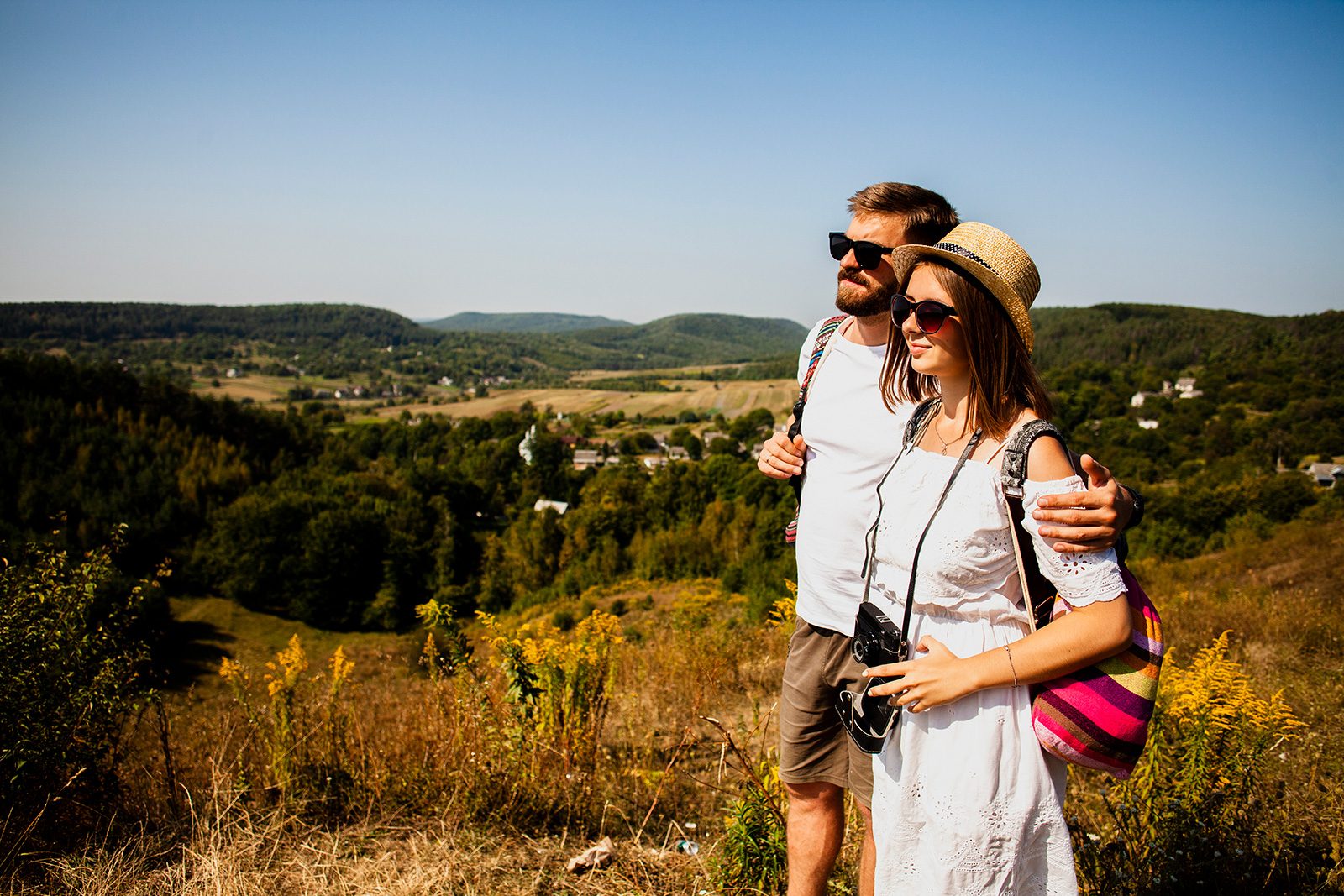Much has been said about the sustainability in tourism, especially with the advancement of the ESG agenda (acronym in English for best environmental, social and governance practices), which promotes good practices to minimize the impacts of activity on the environment. In synergy with this movement, regenerative tourism is gaining ground and emerging as a trend that could change everything we currently know about traveling.
It is a modality whose objective is not only to conserve and reduce impacts, but mainly to recover, rescue and regenerate ecosystems and cultures. This means that both nature and local society, economy and politics are taken into account. Sometimes, even spiritual aspects are involved, as they can be a fundamental part of certain regional cultures.
Despite being connected, do not confuse regenerative tourism with ecotourism or sustainable tourism. While the last two have the mission of causing the least possible impact on the environment, the first aims to change the way people see tourism. The idea is to show how the sector can and should contribute to the recovery of nature.
Consultant in regenerative tourism, Martín Araneda stated, in an interview with National Geographic Brazil, that this new travel model focuses on addressing life, health and resilience, and their impacts on communities, cities and towns. From this, it is possible to bring benefits and value innovation, social integration and cultural revitalization, in addition to ecological restoration, protection and conservation of certain areas.
How it works in practice
For a region to become a regenerative tourist destination, it is necessary to unite public and private power to create experiences that respect nature and local culture. In practice, this means, for example, adopting actions that are in accordance with the agricultural calendar, the agenda of ancestral or contemporary festivities, and the effects of each season of the year on the ecosystem.
This modality also includes practices that benefit society, such as activities that improve soil fertility, ensuring access to food for the local population. It is important that local entrepreneurs are valued, as a way of maintaining employment and income in the community. And of course clean mobility is the rule, and walking, cycling and public transport are priorities, while cars are the last option.
To get an idea of the impacts of conventional tourism on the environment, carbon dioxide emissions from the activity grew by 60% between 2005 and 2016, according to the UNWTO (World Tourism Organization) and the FIT (International Transport Forum). The estimate is that, if nothing changes, emissions will increase by another 25% by 2030.
Examples
Even though regenerative tourism is only now gaining ground, Brazil already has some examples. One of them is the Commune of Ibitipoca (MG), where more than 5 thousand hectares of degraded area had the native fauna and flora of the Atlantic Forest recovered through a socio-environmental and tourist project. The objectives are to rescue regional culture and encourage entrepreneurship among residents.
Another case is the Instituto Terra Luminous (SP), an environmental conservation unit that allows contact with wildlife from the Atlantic Forest. There, courses and consultancies are offered for the development of rural communities focused on caring for people and protecting ecological areas. When a visitor becomes a supporter, a Juçara Palm seedling, an endangered native species of the biome, is planted.
Great Plains Conservation has tourist camps in Zimbabwe, Botswana and Kenya. The initiative includes social projects to promote advances in the destinations where they operate, such as environmental and wildlife recovery, improvements in infrastructure and the economy of communities. At the same time that tourists have a unique experience, they are made aware of the conservation and preservation of the region.
Harus has initiatives to make the amenities market more sustainable. Among them, the use of certified green plastic in packaging. Contact us and learn more!








